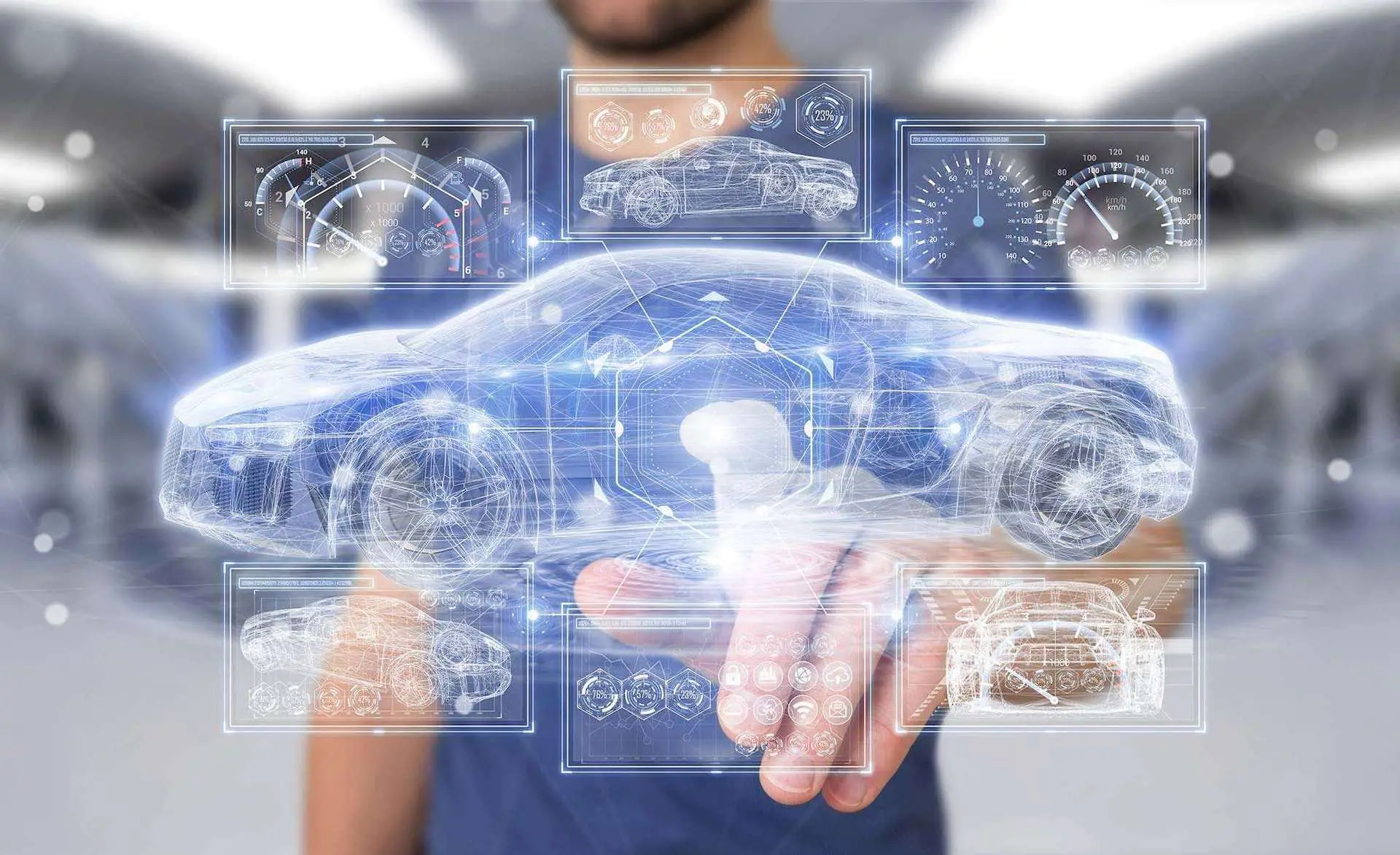The Netherlands and Belgium are working on project Light Vehicle 2025, what is it?
About Project Light Vehicle 2025
Project Light Vehicle 2025 is an EU-funded sustainable mobility project that aims to further reduce CO2 emissions. The project will actively innovate the application of more lightweight and circular materials for commercial and passenger vehicles. The cooperation project consists of Dutch and Belgian, both Flemish and Walloon companies: Flanders Make (Leader), RAI Automotive Industry NL, AMAC GmbH, Technifutur and the University of Liège.
The economic trade mission runs parallel to the state visit of the Dutch royal couple to Belgium. For this mission, the Dutch government has selected seven sustainable projects to present to the royal couples. The selection of projects was done based on the success rate and whether it fit within the theme of sustainability.
“I am extremely proud that we were able to present Light Vehicle 2025, a tremendous honor,” said Jean Pierre Heijster, Program Manager Materials & Manufacturing of RAI Automotive Industry NL. “Light Vehicle 2025 is a smart, sustainable and cost-effective solution that can certainly move sustainable mobility forward.”
Lowering the total weight of passenger and commercial vehicles
The goal of Project Light Vehicle 2025 is already in the name, which is to further reduce the overall weight of passenger and commercial vehicles. This is done by applying lightweight and more circular materials. “With lightweight materials, we are creating a sustainable future for the automotive industry. Safer, lighter and environmentally friendly through material savings, lower fuel consumption and the most important goal of reducing CO2 emissions,” Heijster adds.
Lightweight components
Up to 70% of a passenger car can already be produced today with lightweight technologies. The prototype developments in the Light Vehicle 2025 demonstrate that this percentage can increase even further. Within this project, four prototype lightweight components were developed: a hydrogen tank (-17% weight), part of Power Train gearbox (-30% weight), part of wheel suspension (-5% weight) and a truck cab door (-5% weight). These lightweight components can already be used in vehicles. “With this project, we want to demonstrate that lightweight designs and lightweight materials can also be cost-effective.”
Economic Mission Climate Technology
The Rijksdienst voor Ondernemend Nederland (RVO) is organizing this mission together with the Ministry of Foreign Affairs, the Dutch Embassy in Brussels and the Dutch Consulate General in Antwerp. The purpose of this mission is to strengthen cooperation and knowledge exchange between Belgium and the Netherlands for a sustainable future.
A website has also been established for this project.

